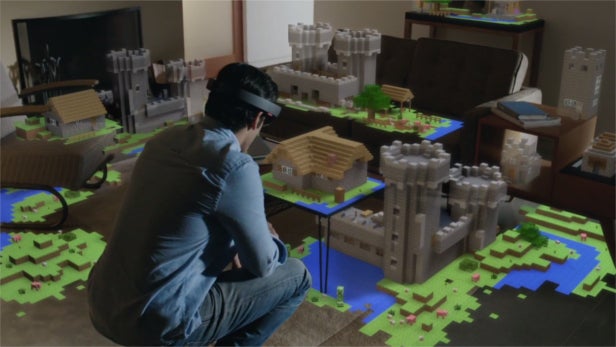

Microsoft has announced that it will not produce any more HoloLens 2 mixed reality headsets.
The HoloLens 2 launched back in 2019, and stood as the most technically advanced mixed reality headset we had yet seen. That’s the last we’ve seen from the company in terms of VR hardware, however.
Microsoft has now confirmed to UploadVR that the HoloLens 2 has been discontinued. The device itself will continue to receive “updates to address critical security issues and software regressions” until December 31, 2027, but that’s it for fresh hardware.
The company has stated that it is “fully committed” to the military-focused HoloLens IVAS, with the US army set to run an operational test of it early next year. But in terms of the commercially available HoloLens 2, what’s still on the market now is all that you’re going to get.
It’s hardly surprising news, given that the HoloLens 2 is now around five years old, which is an age in personal computing. But it does represent the end of what for a time felt like a plausible future for AR and VR.
Apple has since stepped into somewhat similar territory with the Apple Vision Pro, but has run into similar problems with pricing and an unwieldy form factor.
As the report points out, the extent of Microsoft’s current VR ambitions extends to its partnership with Meta, which has manifested itself through support for Xbox Cloud Gaming and Office web apps on Quest headsets.
Meanwhile, Windows 11 will soon allow you to extend a laptop session to the VR space simply by looking at one through a Horizon OS-powered headset.
Meta itself recently unveiled its own augmented reality headset, albeit a vastly scaled down one. The Meta Orion is a set of chunky glasses that can beam AR content onto the lenses.






